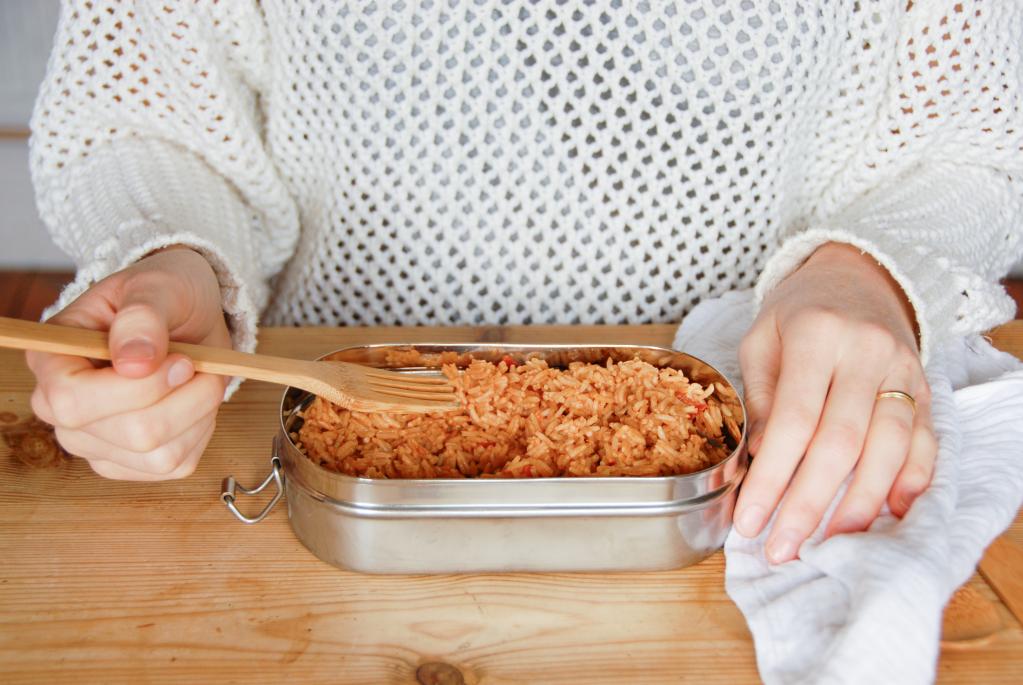Recently, people are starting to take care of the environment more carefully and try to live in such a way that they leave as little waste as possible. I also seriously thought about this issue and decided to consult with my girlfriend, who has experience in this regard. In this article I will talk about four ways to maintain a non-waste lifestyle, as well as its big pluses.
Investment in reusable household supplies

Use disposable plastic containers to a minimum. To do this, you do not need to get involved in food orders at home. In addition to the fact that you get rid of plastic, you save the family budget, as you cook at home yourself. At the same time, you know exactly what ingredients you use, and you certainly do not put stale products in your dishes. Thus, this option is a win-win.
The following points should also be included in your program:
- A large bottle of water. It should be carried with you and filled as needed. So you can avoid buying several containers, save money, reduce the use of plastic and satisfy the need for a large amount of fluid recommended by doctors.
- If you are selling coffee in plastic cups at a nearby point, and you, due to various circumstances, often go there, leave your own mug there, and they will pour a fragrant drink into it.
- Instead of plastic tubing, use bamboo and stainless steel straws, which are greener and more affordable. According to statistics, this item from the most common debris in the ocean is in 11th place. It will take at least two hundred years to decompose.
- Glass jars and reusable containers are a versatile item that is convenient, environmentally friendly and economical to carry and store food.
There are other ways to maintain a non-waste lifestyle.
Using your own bags

You need to take them with you when you go shopping at a store or market for groceries or other items. If you forgot to take the bag or you did not have such an opportunity, you can use the purchased plastic or paper bags more than once.
Here are some ideas for reusing plastic and paper bags:
- Like liners in a garbage container.
- Like a bag for waste after pets.
- As re-packaging for your next purchase.
And also, if the package is well preserved, you can take it to the store. In some of them, you can even get some money for a refund.
Wholesale Shopping
Now there are more and more wholesale stores. Thanks to them, less and less disposable plastic packaging is required. When making purchases at such retail outlets, you, among other things, spend less money on purchases.
Product Acquisition Planning
A rational approach to eating foods involves shopping. You should think carefully about how many and what ingredients you will need in order not to remain hungry on the one hand, and not to get anything extra on the other hand, so as not to throw money away and once again not litter the environment with waste. To do this, going to the store, you need to make a list of products and stick to it to the maximum.
Further - about the pros of a non-waste lifestyle.
The order in the house and in the head

If in your house as few items as possible in disposable packaging and disposable containers themselves will be collected, your cabinets will have more space and more order, which will make you more organized.
Saving money and brain training

Products sold in single-use packaging tend to be more expensive than bulk products. As mentioned above, when planning purchases and acquiring rationally, you save the family budget, time, space and will not litter the environment with waste.
In addition, thinking about how to use objects more than once, trains your brain, contributing to the development of innovative, creative thinking, which will be useful in other situations.
Environmental Protection
As you know, plastic waste causes great harm to nature, since it decomposes for a very long time. The negative impact is on the surface of the earth, on the oceans and waterways. By 2018, almost 380 million tons of plastic were produced annually in the world. From 1950 to 2018, about 6 billion tons were produced. Of these, only 9% were processed and 12% burned. According to research, 90% of seabird bodies contain plastic. When burned, it releases harmful substances, polluting the air.
By choosing a non-waste lifestyle, you are committed to protecting the environment.









